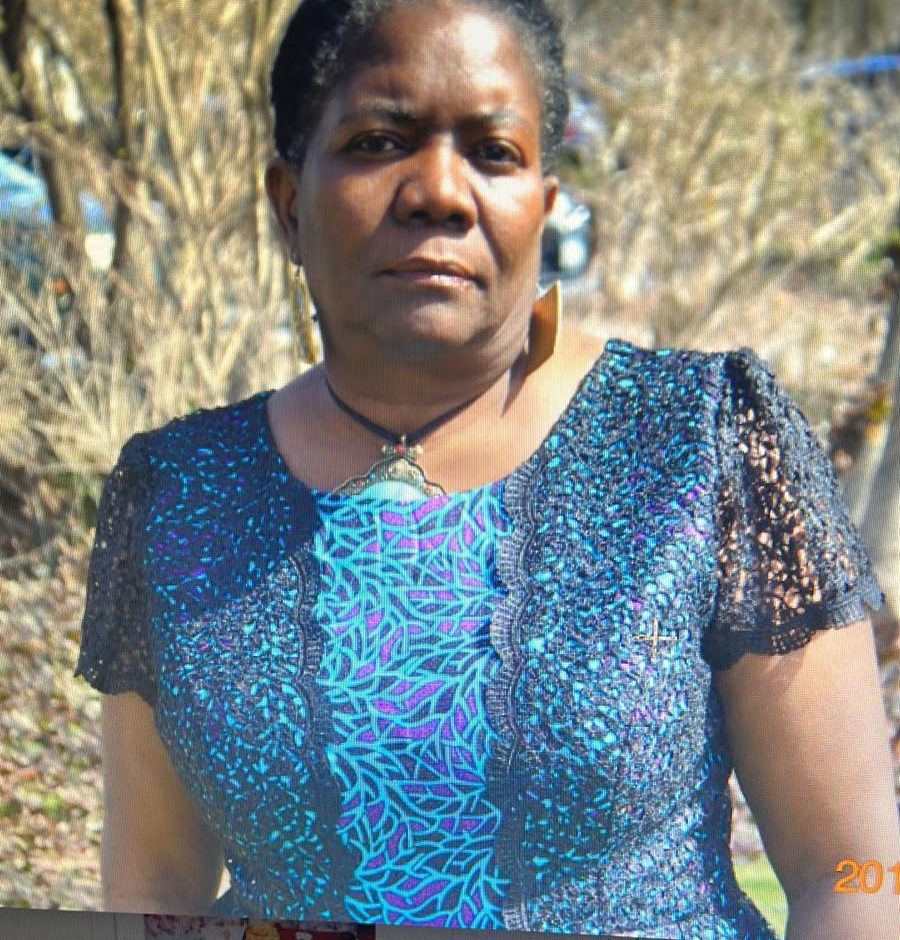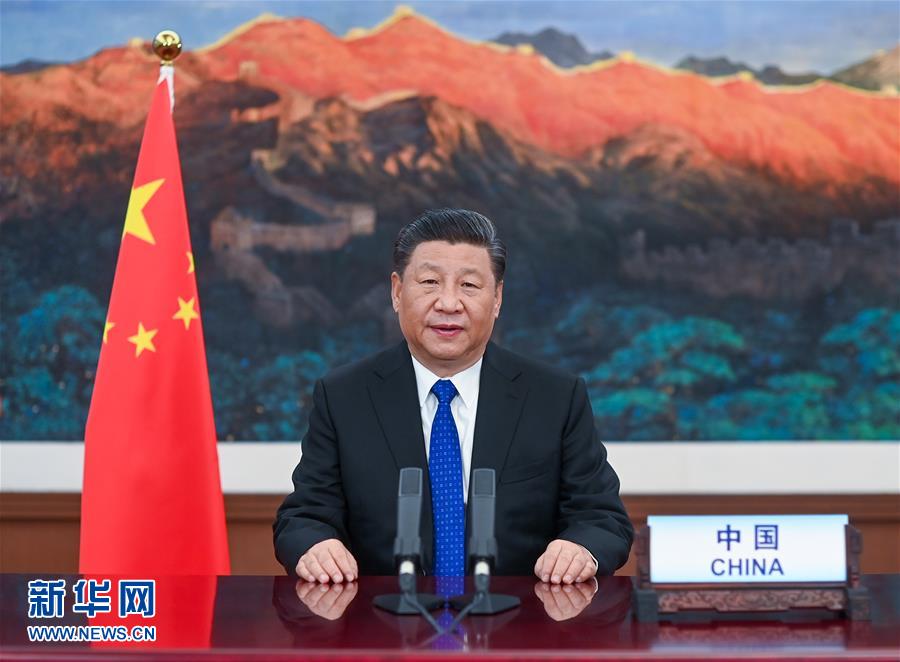By Nyima Sillah
As misconceptions continue around the covid-19 vaccine, Gibril Gando Baldeh, a senior health communications officer at the Ministry of Health highlighted the importance of the vaccine, saying it prevents people from the severe effects of coronavirus.
However, health officials say that the number of females that have taken the vaccines is more than males.
“The vaccine can also prevent you from the signs and symptoms of the virus. Also, anyone that takes the vaccine within The Gambia and abroad is given a card as a reference and this card now is more important than the passport,” Mr. Baldeh claimed.
Because the card is called a vaccine pass and if you don’t have it, even Guinea-Conakry, and Mali they will not allow you to enter their countries, talk less of Saudi Arabia and Europe. So, everyone needs to be vaccinated.
He, therefore, urged those who have taken a half dose of the vaccine to take another injection as it will contribute to helping their body system to become strong and active to fight the virus.
“Everyone knows that vaccines have contributed immensely towards the eradication of several viruses in The Gambia and therefore I urge the entire public to take the opportunity of this nationwide vaccination campaign seriously and get vaccinated.”
However, from the updates received from Aja Kandeh of the Ministry of Health Communications Department, the vaccination data for persons who received at least one dose is 451, 778, whilst persons who received two doses is 32, 216 and the booster dose is 9,586.
The National Covid-19 vaccination coverage stands at 18.5%.
She likewise said the number of females that are vaccinated is more than the number of males and therefore urged the entire public be it male or female to go and get vaccinated.
Meanwhile, Dr Musa Marena, Obstetrician and Gynecologist at Edward Francis Small Teaching hospital, highlighted the importance of vaccination for women and children.
“If more women and children are vaccinated then the increases in herd immunity among the population will reduce. Also, the spread of the virus Vaccinations helps build immunity hence when we are exposed to the virus our strong immunity will fight it.”
More so, he said, the vaccine is important because it prevents severe illness, protects high risk of one dying from COVID 19, and also prevents the rapid spread of the virus.
Sireh Drammeh, a nurse, explained that since the beginning of the pandemic, they did a lot of counseling, trying to make people understand how the virus spread, the mode of transmission, and the benefits involved in taking the vaccine.
“The Government should render more sensitisation exercise and let people know the benefits involved in taking the vaccines and also provide means of making it easy for people to get access to these vaccines by making it readily available in all health facilities.”
Fatima Jabbie Touray, a nurse, said she has seen patients who did not take the vaccine.
“We talked to them about the importance of the vaccine; how the vaccines minimize symptoms even when you are exposed to coronavirus.”
“We explain to them that vaccines don’t stop one from having covid-19, but even when you have it, your chances of recovery will be higher than the one who has not taken the vaccine.”
Halimatou Ceesay, a concerned citizen who is yet to be vaccinated said since the pandemic emerged, a lot of misinformation is going around on social media which has given her doubts about getting vaccinated.
“I am scared that the vaccine might cause infertility and I am recently married and want to build a family. So, I can’t take a vaccine that can prevent me from having a child,” she said with dismay.
Another concerned citizen, Louis Mendy, even said “I don’t feel comfortable about the injection considering all these stories around it. I don’t feel the need to take it and I don’t think I will take it soon.”
“Also, I don’t have confidence in the vaccine because I don’t believe that this corona(virus) is as serious as they are portraying it. To me, it’s more like the flu,” he talked ignorantly.
This story was produced with support from Journalists for Human Rights (JHR), through its Mobilizing Media in the Fight Against COVID-19 in partnership with Mai-Media and The Voice Newspaper.




